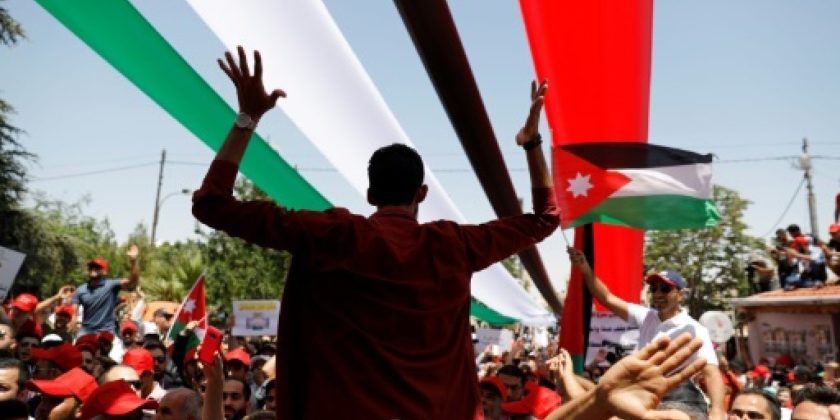Many Jordanian officials share the same impression that despite of any efforts or good work carried out by the state, it remains completely underestimated; a better way to say so: it does not look good enough. Recently, frustration dominates the atmosphere of both “elite and majority”, and a high level of pessimism can, so easily, be noticed. How can we face all of this? And why doesn’t the majority of people see anything good coming? On the contrary, it seems many are so blinded that they can only see just the bad side of each story.
As People judge facts not intentions and words it is important to have a clear action plan, concrete steps that have serious impacts on people’s daily life, Education, employment, services, etc. governments need to dedicate more attention to local affairs especially in cities out of Amman. It is important also to build and implement a localization Med-long term strategy putting people at the center of development. Therefore, it is important to concentrate on files that touch the life of Jordanians on short and long term level.
Education plays a major role in grooming and shaping the way a society thinks and interacts. In this regard, the current educational systems in Middle Eastern countries have failed to instill into the youth basic principles like liberty, pluralism, equality, justice and respect for universal human rights. In schools and universities, critical thinking is stifled and thoughtless memorization is required rather than understanding an issue and grappling with its context in the world.
The overhaul of the education system and academic curricula must be complemented by social and economic policies for youth. Soaring unemployment, marginalization and lack of community and cultural activities offer a breeding ground for radical indoctrination and recruitment. Creating more jobs and opportunities targeting youth would allow the new generation to progress in its human development and escape also the trap of extremist ideologies and terrorism.
Government must boost investment in agriculture and industry partnerships to ensure jobs and economic security for rural areas. Investment in neglected regions must be rectified. New urban planning and developments that pay more attention to beauty and form and the creation of cultural amplifiers such as theaters, artistic centers, bookstores and pen clubs must be encouraged, along with community entertainment opportunities. Offering sports programs and the construction of new sports facilities must be enhanced. In general, young people must have available to them multiple avenues to develop their skills. In addition, the quality of services must be improved and the set-up of small and medium enterprises in the agricultural and industrial sector must be facilitated.
It is imperative to have a comprehensive long-term strategy that addresses all aspects of Jordanian lives from microeconomic reforms to building critical thinking skills amongst the population. This comprehensive change must be driven by specific public policies at the national and local levels and should be done according to the vision of “thinking globally, acting locally.”
Dr. Amer Al Sabaileh

